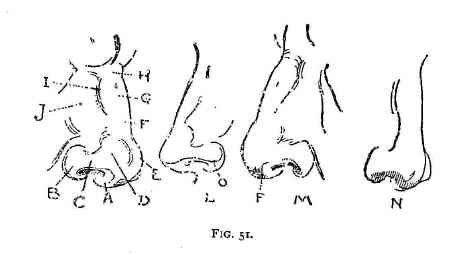Lately, I've realised that who we are is not defined by 'he who has the most toys', whether toys means riches, accolades, achievements, romantic or social conquests or even, in the Christian context, whether you are serving or leading in multiple ministries. Rather, we are defined by two things: how we choose our battles, and what we believe in (and if that be Christianity, so be it). When life happens, it is not the toys that we have that equip us to deal with the situation, but the beliefs that we have, that then drive our actions. How we respond when a loved one dies, or when we go bankrupt, will depend a lot on our outlook and beliefs. Similarly, what we believe in determines the battles we pick. All in all, you might say that our reality is shaped by our beliefs.
Pragmatism for me has always been both a foreign, and often a slightly unsavoury concept, particularly as it plays out in a social context. Relationships of convenience - whether mail-order brides, green card marriages, friendships between colleagues, truces between competitors - have a particular sense of hollowness for me. At some points in my past I daresay I would rather shun my needs than have them met by hollow relationships.
Yet needs must be met, and pragmatism is a survival instinct, as ingrained as someone being extra-nice when they want something from you. I still find that when I want something, I operate in exactly that way. I do make an extra effort to be nice to my superiors, or when I need a favour, or even as viscerally as when I am physically attracted to someone. In reverse, when someone asks for my help and is sweet about it, I do feel sincerely flattered. I have found myself forced to accept that this exchange needs to happen, and that it is the way our social fabric is constructed.
'At this time of your life, people are transitory. You aren't going to stay friends for ever. After this, you may never see them again.'
'People are people. Everyone is good for something. You just have to take them for what they are and learn how to work with them.'
The cold harshness of those words strikes me. As much as it alarms me that people think like that, I've come to realise that these are not uncommon ways of thinking about relationships. Many people are going to think pragmatically, seeing relationships as functional rather than personal, and in do are going to make it their reality. As much as I dislike being thought of in that utilitarian way, I know that if I reject this perspective, I essentially reject their relationship. So, at least with that person, I must accept that that is how they feel about the relationship. It is not untrue that much fun, laughter, camaraderie and joy has been forged out of situations of necessity. I also recognise that the belief is powerful in its ability to minimise the pain of the believer when it comes to dealing with rejection, abandonment or conflict.
I have aimed to build my relationships on empathy of another's situation, respect of their admirable traits and differences, love and sincerity, rather than out of necessity, if at all possible. I believe that people are like me, and that I am like people. There is depth to people. There is that beautiful transformative moment when you see someone in their element, when you watch how someone has grown over time or when someone allows themselves the luxury of trust, of being vulnerable. These moments are only granted to you when your eyes are open to them. It is true that you can recognise that someone has matured without being close to them, or without believing in them, and it is true that photographs can capture beautiful moments. But it is not the same as that moment in a relationship when you recognise it for the first time, after you have invested your belief, your empathy, your love in that person. And although you can reduce empathy, respect or love to things that people need, the reason they are given is not because the other person needs them, but rather they are given the way a breath is released at the sight of a beautiful view. Conversely, the edge to this perspective is that when a relationship turns sour, the bitter truth is that you will be the one self-destructing.
Our reality is shaped by our beliefs. Although other people's beliefs and actions may influence our world, it is our personal belief that shapes our actions. If I accept this as a truth for me, if I don't fight for the belief that friendships and relationships can be more than just the products of neccessity, that aspiration will die with me. And I don't want that. So I shall fight for what I believe in.



